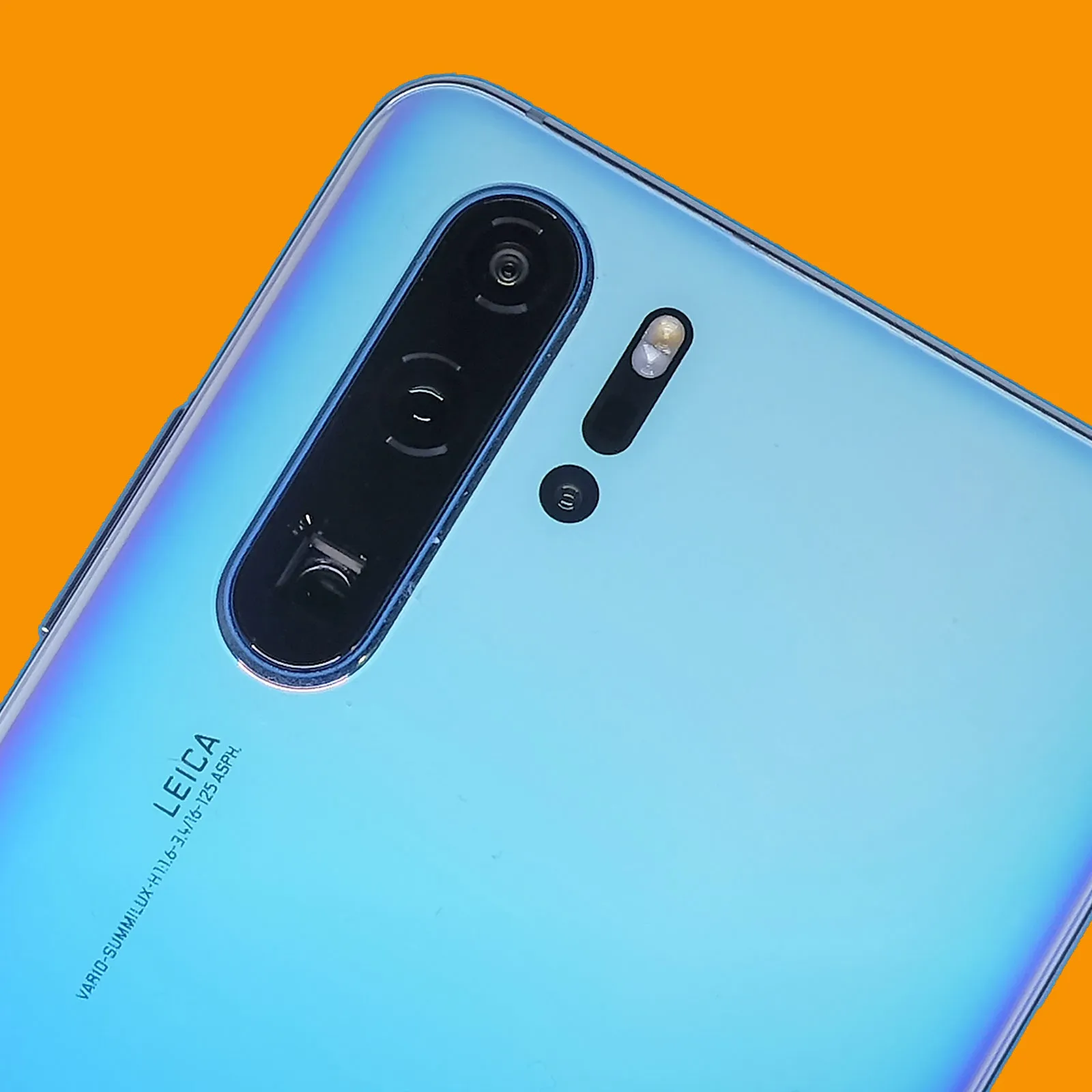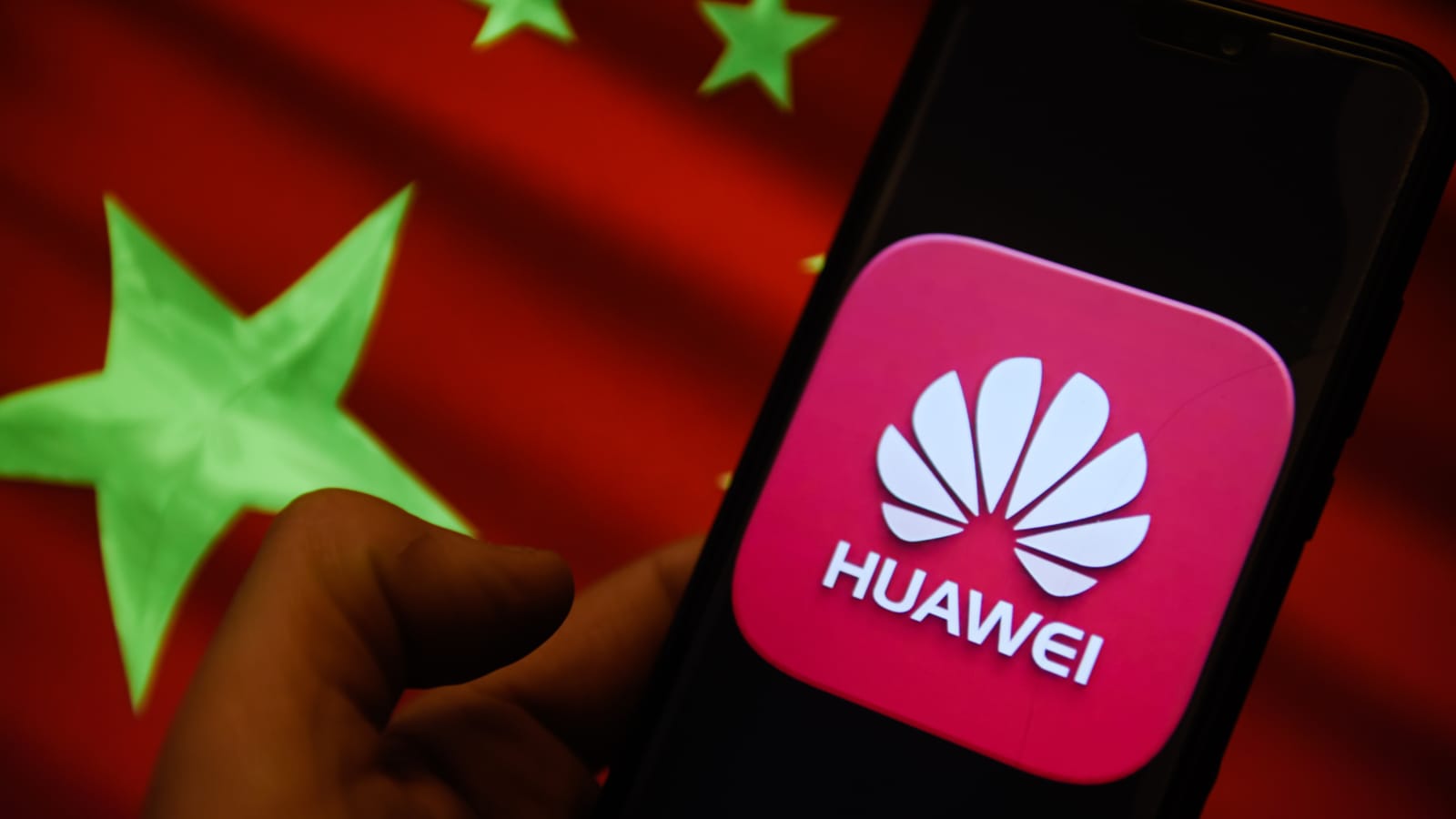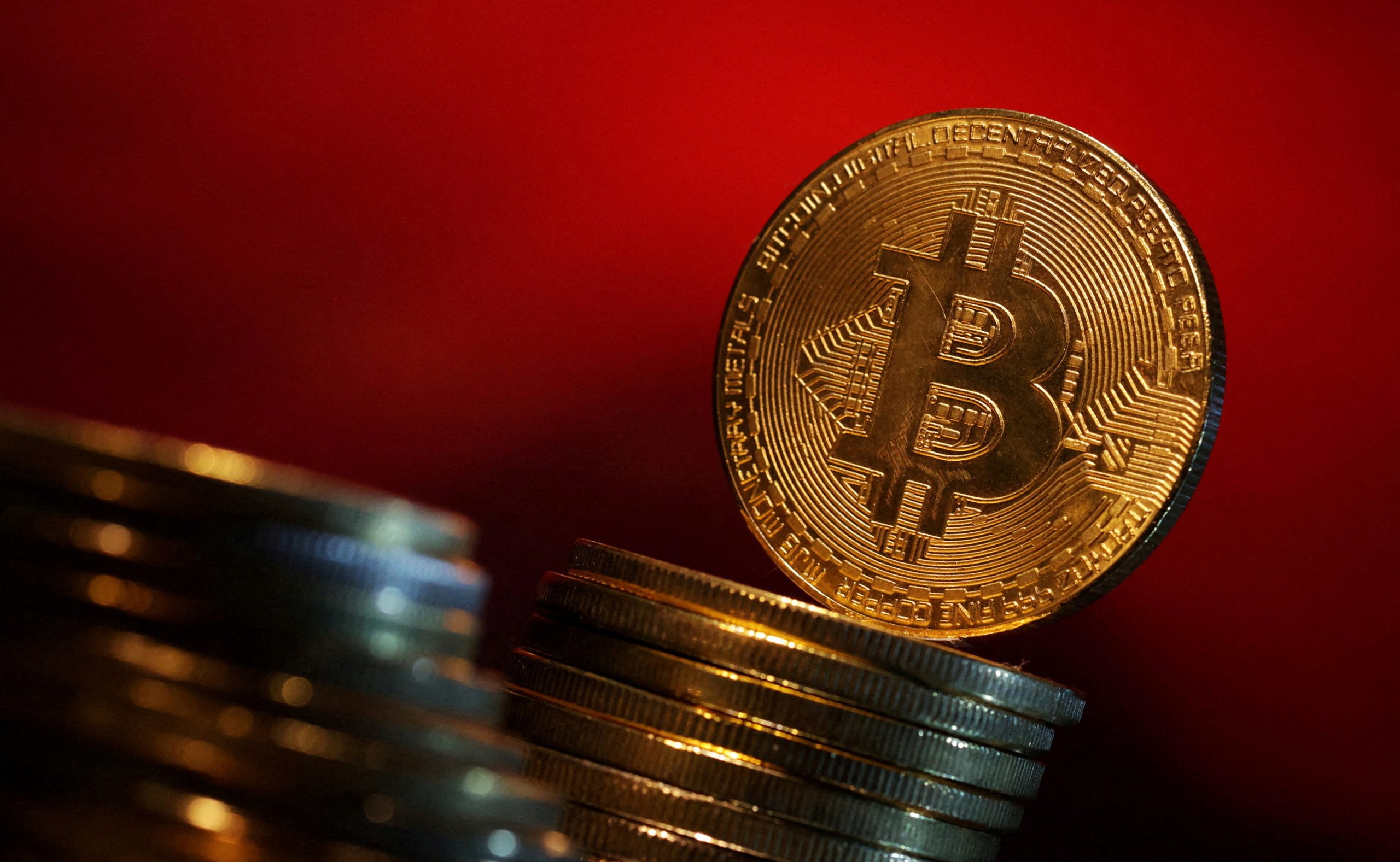You could sense that things were starting to return to normal for Huawei with the release earlier this year of the Mate 50 series.
The Mate 50 Pro showcased Huawei at its best, featuring a new in-house camera platform known as Xmage, and an innovative Emergency Battery Mode that allows users to talk on the phone for up to 12 minutes and provides three hours of standby time even when the battery is down to 1%.
When the Mate 50 series launched, Huaweimania returned to China with long lines and heavy demand for the new phones. Huawei is overcoming the restrictions imposed by the U.S.
The beleaguered manufacturer announced that its 2022 revenue remained flat compared to last year’s, indicating that it has stopped losing sales due to the U.S. restrictions. In fact, 2022 revenue slightly exceeded the 2021 figure by 0.02%.
This year’s revenue is expected to be 636.9 billion yuan ($91.53 billion), nearly identical to the 636.8 billion yuan recorded last year when Huawei reported a 30% year-over-year decline.

Nevertheless, this was enough for Huawei’s rotating chairman Eric Xu to state, “U.S. restrictions are now our new normal, and we’re back to business as usual.” The executive wrote this in a memo to staff, which was also released to the media. Profits will be announced sometime next year.
In 2019, Huawei was on the verge of surpassing Samsung to become the largest smartphone manufacturer in the world, a goal it had publicly declared.
However, in May 2019, the U.S. placed Huawei on the entity list, preventing the company from accessing its U.S. supply chain, including Google. This forced Huawei to develop its own HarmonyOS operating system and the Huawei Mobile Services ecosystem.
The following year, the U.S. amended an export rule that further impacted Huawei; chip foundries using American technology to manufacture chips could no longer ship these key components to Huawei.
The U.S. considers Huawei a national security threat due to its alleged ties with the Chinese Communist Party.
Additionally, there have been several rumors over the years claiming that Huawei hides equipment in its networking gear that spies on companies and sends the stolen data to servers in Beijing. Huawei has consistently denied these allegations.







Leave a Reply